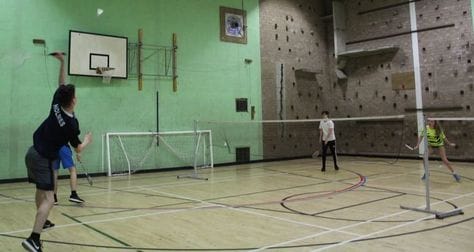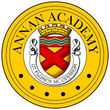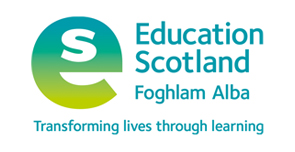Health & Wellbeing
Physical Education

Physical education should inspire and challenge children and young people to experience the joy of movement, to develop positive attitudes both individually and as part of a group and to enhance their quality of life through active living. This will give children and young people an important foundation for participation in experiences in physical activities and sport and in preparation for a healthy and fulfilling lifestyle.
Broad General Education (S1-S3)
A range of activities will be offered to give learners the opportunity to:
- Demonstrate ability to select, adapt and apply movement skills and strategies, creatively, accurately and with control.
- Practice, consolidate and refine skills to improve performance.
- Develop and sustain levels of fitness.
- Develop the skills to lead and recognise strengths of group members, including self.
- Contribute to groups and teams through knowledge of individual strengths, group tactics and strategies.
- Analyse and discuss elements of own and others’ work, recognising strengths and identifying areas where improvements can be made.
Senior Phase
It is our aim to provide high quality Physical Education to all pupils. In the Senior school pupils can choose to specialise in Physical Education at National 4, National 5, Higher (National 6) and Performance Unit. These courses are designed to provide learners with a platform from which they can build physical competences, improve aspects of fitness and develop investigative and analytical skills.
At National 4, 5 and Higher, pupils will be challenged to
- develop the ability to safely perform a comprehensive range of movement and performance skills
- understand factors that impact on personal performance in physical activities
- build capacity to perform effectively
- develop approaches to enhance personal performance
- monitor, record and evaluate performance development
Health & Food Technology
In this subject area, learners will develop their understanding of a healthy diet, which is one composed of a variety and balance of foods and drinks. They will acquire knowledge and skills to make healthy food choices and help to establish lifelong healthy eating habits. They will develop an appreciation that eating can be an enjoyable activity and understand the role of food within social and cultural contexts. They will explore how the dietary needs of individuals and groups vary through life stages, for example during pregnancy and puberty, and the role of breastfeeding during infancy.
Learners will develop knowledge and understanding of safe and hygienic practices and their importance to health and wellbeing and apply these in practical activities and everyday routines including good oral health. They will develop awareness that food practices and choices depend on many factors including availability, sustainability, season, cost, religious beliefs, culture, peer pressure, advertising and the media.
Learners will develop knowledge and understanding of safe and hygienic practices and their importance to health and wellbeing and apply these in practical activities and everyday routines including good oral health. They will develop awareness that food practices and choices depend on many factors including availability, sustainability, season, cost, religious beliefs, culture, peer pressure, advertising and the media.




